#DieselEngines
Volkswagen Throws Down in Bid to Buy Navistar, Create Heavy Truck Giant
When they’re not preparing to sell an ultra luxury super car brand or creating a new line of electric vehicles, they’re planning a big time merger for a larger piece of the heavy-duty truck market.
It’s only gonna cost them a few billion dollars.
Porsche is Officially Ditching Diesel
Porsche will quit offering diesel powertrains for its cars and light trucks, effectively adding another nail to the fuel’s coffin. Following Volkswagen Group’s emission’s fiasco in the United States, which included Porsche, Europe has become increasingly critical of diesel-engined vehicles. Citywide bans have have been proposed throughout the region and, as of February, Porsche suspended diesel sales due to an ongoing German probe into VW Group’s diesel engines.
That investigation found that the Cayenne EU5 model’s 8-cylinder diesel was in violation of the established rules, affecting 13,500 units, according to Bild am Sonntag. Porsche then recalled nearly 60,000 Cayenne and Macan diesels in May as it launched its own investigation.
“Porsche is not demonizing diesel. It is, and will remain, an important propulsion technology,” Porsche Chief Executive Oliver Blume said in a statement. “We as a sports car manufacturer, however, for whom diesel has always played a secondary role, have come to the conclusion that we would like our future to be diesel-free.”
Nissan Withdrawing From European Diesel Market, Rest of Japan Likely to Follow
Despite recent claims from Bosch that it’s prepared to save the diesel engine from becoming outlawed in Europe (which is like a prettier and less-free version of America), Nissan has announced its intent to withdraw sparkless motors from the market. Thanks to dwindling demand, the automaker claims it’s going to begin a gradual retreat until it no longer sells diesel vehicles in the region.
The announcement follows a similar plan unveiled by Toyota in March of this year and calls into question what the remaining Japanese manufacturers will decide in the months to come. Nissan said Monday that it will shift its focus to electrified vehicles, hoping the emerging technology can fill the void. But European manufacturers have the most to lose as the market changes.
Lawsuit Claims Ford 'Rigged' Its Diesel Truck Engines
Are you an automaker that’s currently producing, or has ever produced, a diesel engine? If so, the odds are pretty good you’ll eventually be sued over its existence. A new lawsuit by truck owners, filed on Wednesday, alleges Ford Motor Company installed emissions-cheating software in F-250 and F-350 Super Duty trucks — built between 2011 and 2017 — to ensure they passed federal testing.
At this point, all of the Detroit Three manufacturers have been accused of some form of diesel deceit. Which makes us wonder how warranted these lawsuits are. Volkswagen’s scandal started when an independent source tipped off U.S. regulatory agencies, but these truck cases frequently begin as class-action suits on somewhat specious grounds.
It's a Sign: TTAC Finds Official NHTSA 2018 Mazda CX-5 Diesel Filing
Mazda announced 11 months ago that the company “will introduce a diesel engine option to the North American market,” with the revamped CX-5, launched in the 2017 model year.
We’d heard such claims before. Three years ago, we were still waiting on the launch of the diesel-powered Mazda 6, at least until Mazda gave up on that idea. But Mazda’s insistence this time around produced less doubt. Mazda even revealed that the automaker felt it could generate 10 percent of CX-5 sales with the diesel model.
But last month, we began to wonder about Mazda’s claims of delivering a 2017 Mazda CX-5 Diesel in the second-half of 2017. The second-half, as you may have noticed, is quickly drawing to a close. Moreover, Mazda wouldn’t offer up any timing, saying only that, “We are working with the EPA and CARB and will have more information in the future.”
Mazda still won’t offer up any timing details. But TTAC’s resident government filing investigator, Bozi Tatarevic, came across some very interesting details at NHTSA.gov that reaffirm the forthcoming 2018 Mazda CX-5 Diesel.
Family Feud: Porsche Seeking Millions in Damages From Audi Over Dieselgate Engines
Porsche is apparently seeking 200 million euros — or $234 million — in damages from its Audi stablemate over the costs associated with using its emissions cheating diesel engines. According to reports, Porsche has already issued its claim to Audi and the wheels of justice have been set in motion.
With no verified sources or official word from either automaker, the news is more than just a little strange considering both manufacturers are part of Volkswagen Group. However, Audi did supply both Porsche and Volkswagen with defeat device-equipped 3.0-liter V6s for use in various models. One of those models was Porsche’s Cayenne, and sales of the TDI variant were shelved as the scandal raged.
Antitrust Regulators Worried German Auto Industry Has Been Running Secret Cartel For Decades
Government authorities are concerned that Germany’s automakers have been running one of the biggest CARtels in history. Allegedly active since the 1990s, automakers used secret working groups to remain in cahoots on decisions regarding technical issues, suppliers, and cost suppression. The groups may have even set the table for Volkswagen’s diesel emissions scandal by encouraging regulatory cheating.
Major manufacturers had apparently agreed on the size of the tanks containing AdBlue, Germany’s preferred diesel treatment fluid to reduce exhaust emissions, and decided the units should be small to keep fluid prices up. When the entire system turned out to be insufficient in meeting regulatory guidelines, illegal software manipulation became the alternative solution.
Daimler Summoned by German Government Amid Emissions Cheating Probe
After a pair of Mercedes-Benz engines garnered increased scrutiny from regulatory agencies, the German government has summoned executives from Daimler to account for its activities as a new diesel emissions probe picks up steam.
The automaker has confirmed several of its representatives are attending a hearing on Thursday afternoon to speak with the German Transport Ministry — just one day after news broke that Stuttgart investigators believed some diesel-powered Mercedes vehicles may have been equipped with defeat devices between 2008 and 2016.
The investigation centers around the OM642 V6 and OM651 inline-four turbo-diesels, both of which are under suspicion of being equipped with illegal technology used to circumvent emissions testing. Interesting, Mercedes gave up on certifying diesel-driven vehicles in the United States this year after four models Benz had hoped to sell failed to obtain regulatory approval.
Lawsuit Accuses GM of Using Defeat Devices in Duramax Diesel Pickups
Suing automakers over diesel emissions violations is quickly on its way to becoming passé.
Since Volkswagen admitted to installing software that circumvented pollution laws, regulators have been on the hunt for their next big target. While it might make their efforts seem like a bit of a witch hunt, there’s good reason to be on the lookout. Studies have shown diesel emission levels are often much higher than analysts expected, with experts attributing the results to the high probability that other automakers are skirting regulatory guidelines — likely by way of defeat devices.
Daimler, Renault, and PSA Group are all being investigated in their home countries as FCA faces legal action within the United States.
General Motors is now being sued for allegedly installing defeat devices in its trucks to sidestep emissions tests, making it the sixth major manufacturer accused of diesel cheating since 2015. However, General Motors isn’t dabbling in gray areas, acting confused, or assuring the public it will get to the bottom of the accusations. It says the claims against it are flat out wrong.
Justice Department Prepping for Lawsuit Against Fiat Chrysler
The U.S. Justice Department is preparing itself for a lawsuit against Fiat Chrysler Automobiles over, you guessed it, diesel-burning engines. Cetane-rated fuel has been a broad target for governments lately, but the forthcoming FCA suit is less concerned with what you’re burning than with how you’re burning it.
Officials are concerned the automaker may have used a defeat device after the Environmental Protection Agency accused it of using software that allowed about 104,000 diesel vehicles to emit excess emissions. The models in question are 2014-2016 Jeep Grand Cherokees and Dodge Ram 1500 trucks with 3.0-liter diesel engines.
Study Suggests Diesel Cars Killed 38,000 Extra People Without Even Hitting Them
Earlier today, we mentioned Volvo was preparing to dump its diesel-burning engines because the EU is aggressively pursuing anti-diesel legislation. While it’s easy to accuse Europe of being fraught with fringe environmentalists, the truth is that the continent spent decades avoiding restrictions on diesel-burning passenger vehicles, sold loads of them, and has suddenly found itself with its green pants around its ankles.
In addition to hazy skies, air pollution isn’t exactly great for your health. A recent study published in Nature found diesel engines produced 5 million more tons of nitrogen oxide than previously estimated for 2015. The research focused on vehicles in Australia, Brazil, Canada, China, the European Union, India, Japan, Mexico, Russia, South Korea and the United States and uncovered that we’ve grossly overestimated the amount of good being done by our global regulatory efforts. Companies are practically guaranteed to be falsifying testing results while others are openly incapable of reaching government-enforced guidelines.
Who cares? It’s not like anyone is dying, right? Well, not exactly.
Volvo Won't Pursue Diesel Development Any Further Than It Already Has
Volvo Cars is prepared to lower the curtain on diesel engines. Rising standards for nitrogen oxide emissions — and the cost associated with reducing them — has guided the automaker away from oil burners and into the loving arms of gasoline. “From today’s perspective, we will not develop any more new generation diesel engines,” CEO Hakan Samuelsson told Germany’s Frankfurter Allgemeine Zeitung.
That is not to suggest Volvo won’t get some serious mileage out of its last batch of diesels, though. The automaker has no plans to abandon the motors outright, suggesting it could march onward with its current lineup for at least a few more years. Diesels would also help Volvo meet corporate fuel economy targets while it gets new super-economical electric powerplants ready for market.
Clessie Cummins Made Diesels the King of the Road… and Almost at Indy Too. Part Two
In Part One we looked at Clessie Cummins’ development of the first practical and reliable diesel truck engines and his earliest attempts to race diesels in the Indy 500. Though he had succeeded in developing the technology, he still hadn’t achieved the ultimate proof of concept that market success brings.
Clessie Cummins Made Diesels the King of the Road … and Almost at Indy Too. Part One.
(Note to readers: This was the piece on Clessie Cummins that should have appeared first. Unfortunately, Part 2 of the series ran first and will be rerun later this afternoon — Aaron.)
Diesel engines have been in the news lately, and not for good things. The admission by Volkswagen that it has been using a software device to cheat on government emissions testing of at least some of its diesels may taint compression ignition, oil-fired engines in the passenger car market. The trucking industry, however, will continue to use diesels. That’s mostly because of a guy named Clessie Lyle Cummins.
If you’re an automobile or truck enthusiast you likely know his last name, but just as likely know nothing about him.
His accomplishments date to building a working steam engine for his family’s Indiana farm as an 11 year old in 1899, casting the engine parts from molten iron poured into hand-carved molds. As a teenager, he started to take odd jobs including fixing machinery, which led to a job at the maker of Marmon automobiles — Nordyke and Marmon. He was also member of the pit crew of Ray Harroun’s Marmon Wasp that was the winner of the very first Indianapolis 500 race in 1911, and offered suggestions that made the car faster. Cummin’s loved the Indy 500 and his engines would eventually run there, with some measure of success.
McCullough: Diesel Evoque Under Consideration For US Market
Mrs. Beckham’s contribution to the automotive world, the Land Rover Evoque, may gain diesel power in the United States sometime soon.






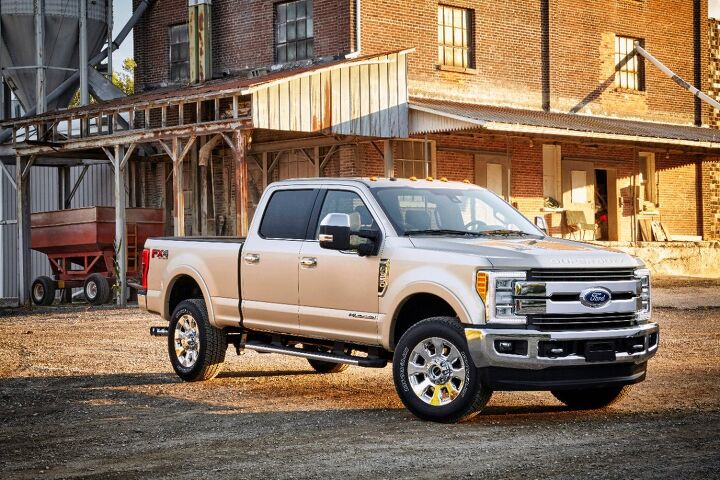

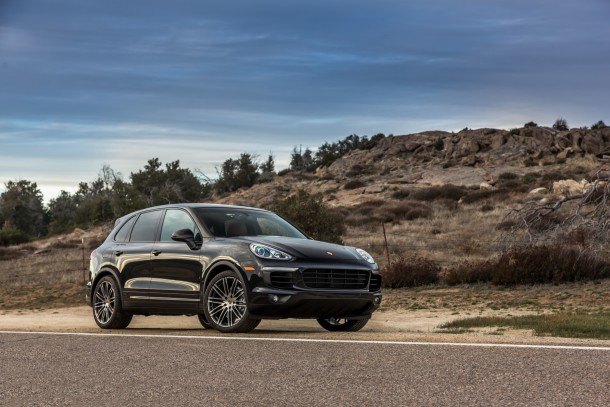
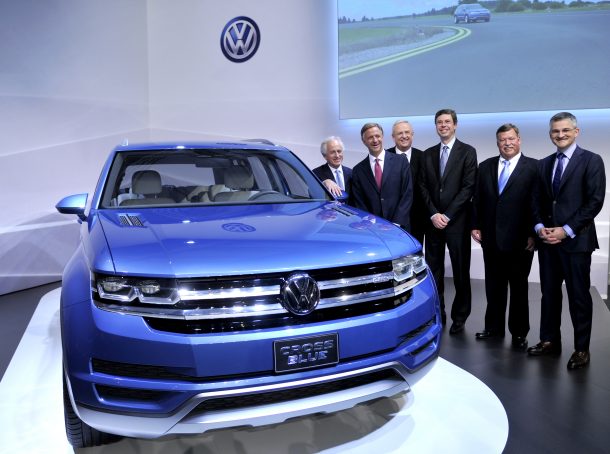




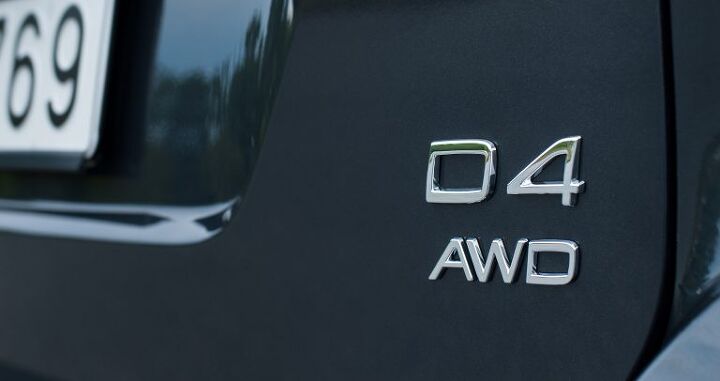
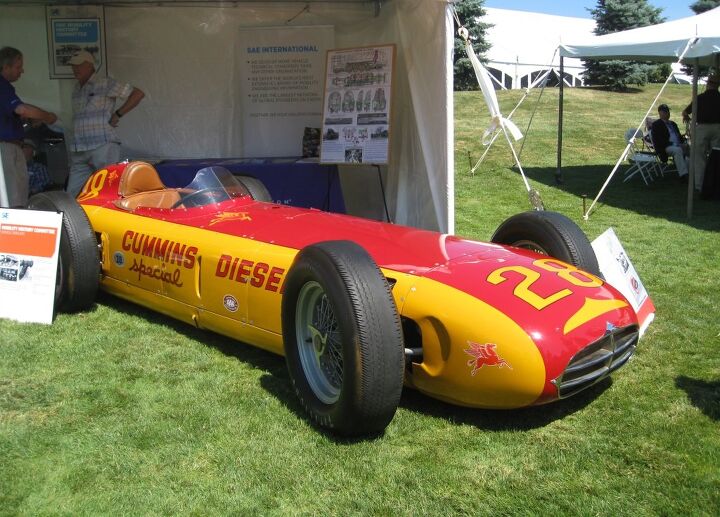
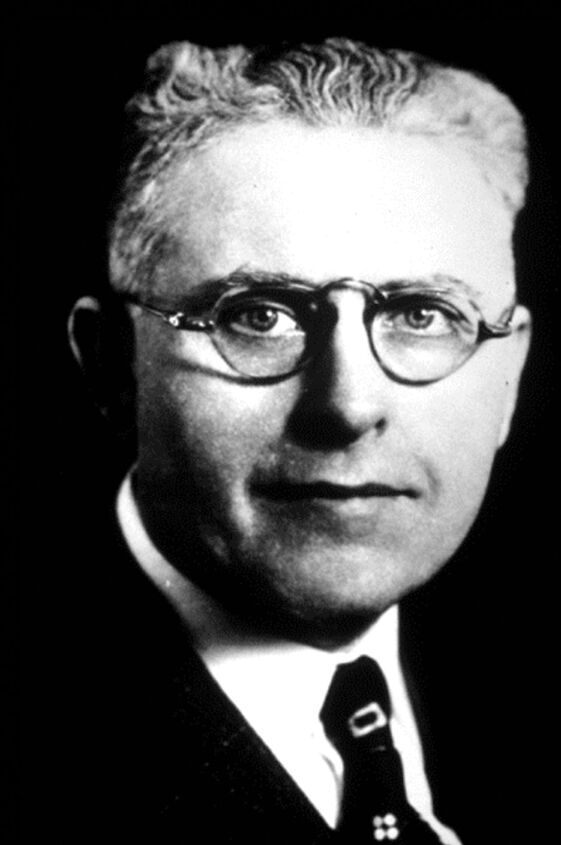












Recent Comments